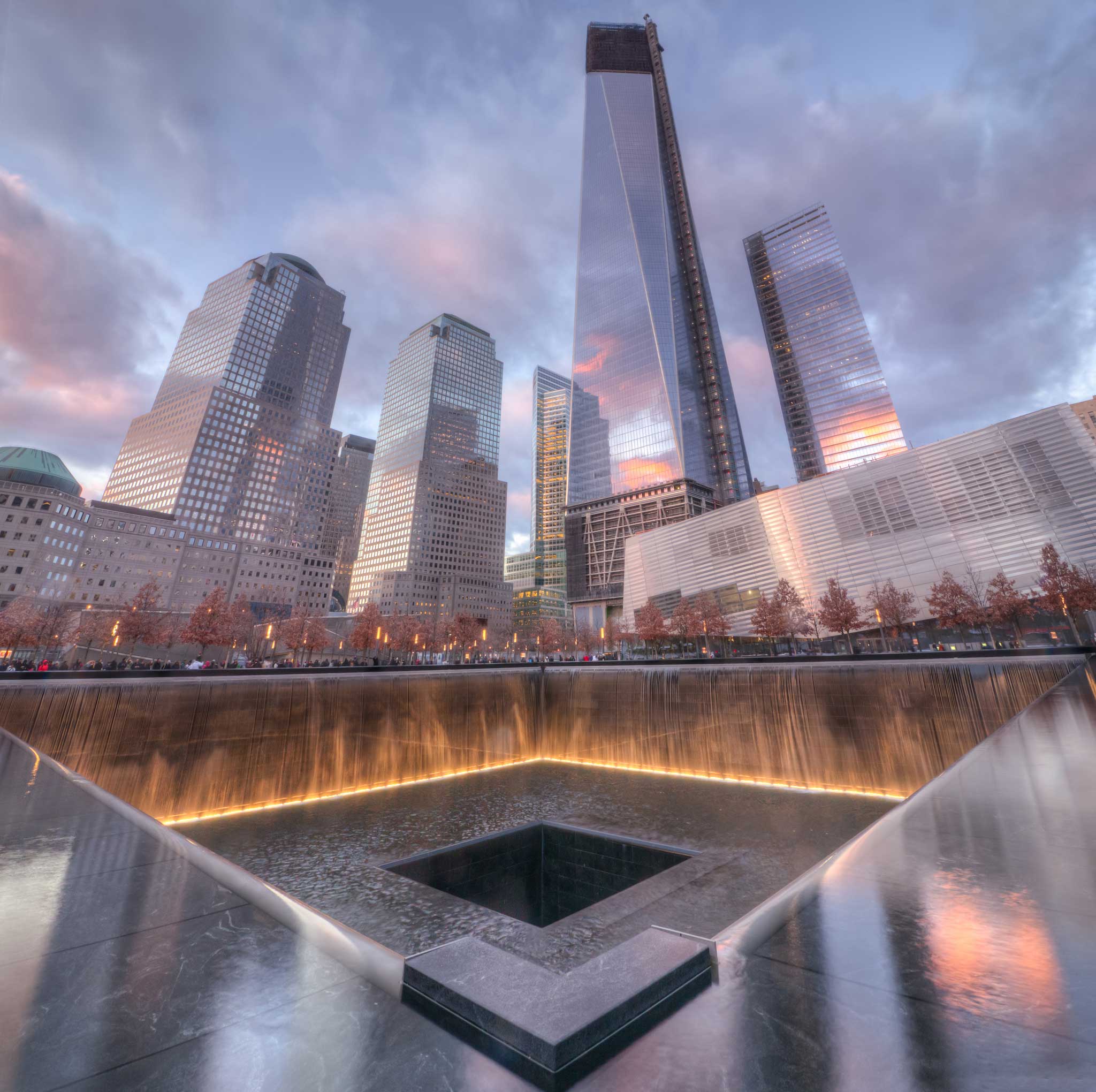In commemoration of the 15th anniversary of 9/11, Harvard Law School Dean Martha Minow asked faculty, alumni and staff to share brief personal reflections about that day and the post-9/11 world in which we live.
In a message to the HLS community, she observed: “Ever since that day 15 years ago, civilized societies have had to navigate new and complicated questions, striking the right balances between security and privacy, immigration and insularity, collaboration and isolationism, and many other competing impulses and values. Even more vexing, we must attempt to strike these balances without the benefit of perfect information—in a world of indefinable variables indelibly described as ‘known unknowns’ and even ‘unknown unknowns.'”
Minow invited the HLS community to join her for a moment of silence and a brief vigil on campus to remember and honor all who were lost. The gathering will take place on Friday, September 9, at 8:46am, at the crossroads next to Kumble Plaza.
By Deborah Anker, Sabrineh Ardalan ’02 and Phil Torrey: Fifteen years later, HIRC continues to represent clients affected by post-9/11 enforcement measures. In addition to winning asylum for hundreds of refugees, HIRC has successfully advocated for the government to release mothers and children from family detention centers in South Texas. Continue Reading »
By Gabby Blum LL.M. ’01 S.J.D. ’03 and Naz Modirzadeh ’02: Committed to the notion that international law can play a role in shaping conduct, including in war, the attacks of 9/11 — and the ensuing violence and warfare — have forced us to face the weaknesses of our current legal regimes and address the challenges that they must be able to withstand. Continue Reading »
By Charles Fried: Lincoln understood the difference between departure from the letter of the law in an unprecedented emergency and violation of universal precepts of human dignity. President Bush, Vice-President Cheney, Secretary Rumsfeld, John Yoo as well as those who indiscriminately condemned the post-9/11 responses of these men did not.
By Jack L. Goldsmith: The ‘Forever War’ has posed enormous challenges to our constitutional system, which assumes that war will be exceptional, not perpetual. Continue Reading »
By Joseph Goodwin ’13: Within our ranks were every race, class, socioeconomic background and ideology. And yet, despite these differences we were molded to work together as a team, to abandon ego and entitlements and come together in order to accomplish a shared mission. Continue Reading »
By Philip Heymann ’63: The perpetrators of the terrorist attacks in Paris, Brussels, San Bernadino, Orlando, and Boston were all on some form of terrorist “watch list.” Although regarded as a danger, the government could not, it generally explained, afford to surveil the suspect’s activities over a long period. He was one of many and each would require many officers for full time surveillance. Continue Reading »
By Juliette Kayyem ’95: Fifteen years from now, the threats will be different, but my hope is the next generation of security specialists will do better in equipping the public with the resources and education so they will be better at assessing what, in fact, they should do. Continue Reading »
By Vivek Krishnamurthy: Cybersecurity is ultimately more like public health than traditional security in that our defenses as a society depend on the immunity of every networked device to an attack. There is no good way to raise the overall level of our cybersecurity without incidentally protecting those actors in our midst with malevolent aims. Continue Reading »
By Robb London: Everyone seemed to know someone — or someone who knew someone — who had perished. I thought I was insulated from this by distance. Continue Reading »
By Kevin Moody: Many people feel that expanded governmental oversight and other regulations have encroached upon the freedoms that we enjoyed in the pre-9/11 era; however, the domestic and international air travel system has been made more secure because of these very changes. Continue Reading »
By Gerald Neuman ’80 and Tyler Giannini: We must always be the opponents, not the perpetrators, of murder and torture and degrading treatment. Continue Reading »
By Jonathan Nomamiukor ’14: The reality that over one million people have died during the War on Terror, including over 10,000 Americans, is often lost on folks like me who don’t have to face the byproducts of war. Continue Reading »
By Adrian Vermeule ’93: Thanks largely to initiatives by Presidents of both parties, American law and policy has adapted flexibly to the new environment, trading off some liberty for greater gains in security. Continue Reading »
